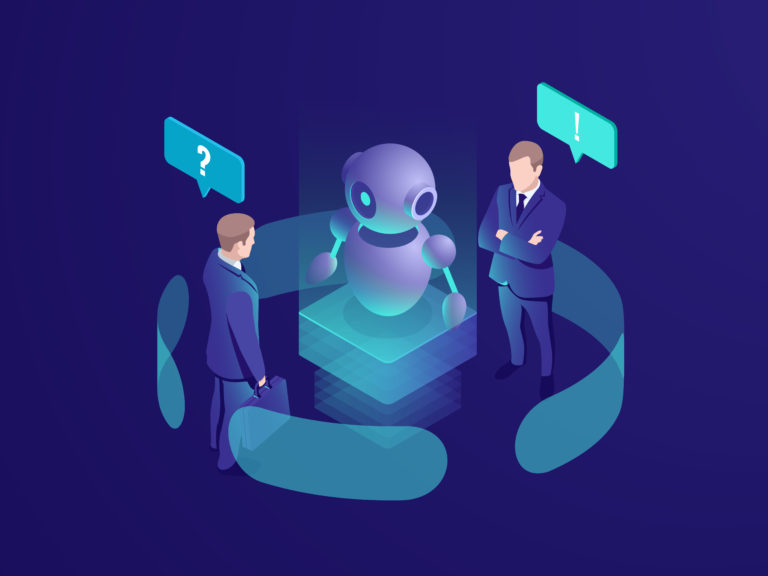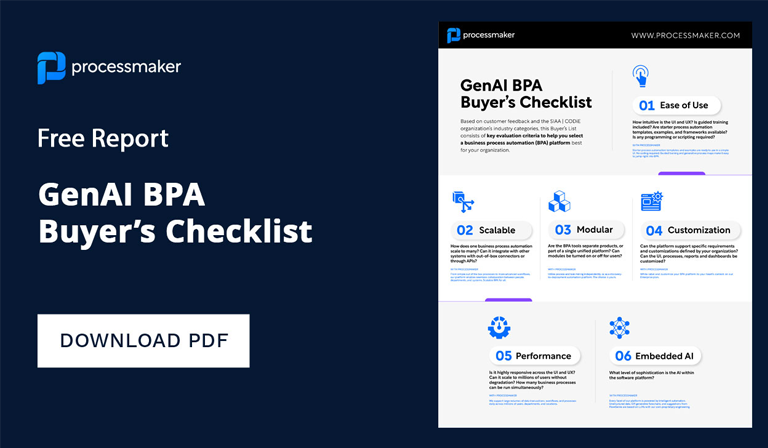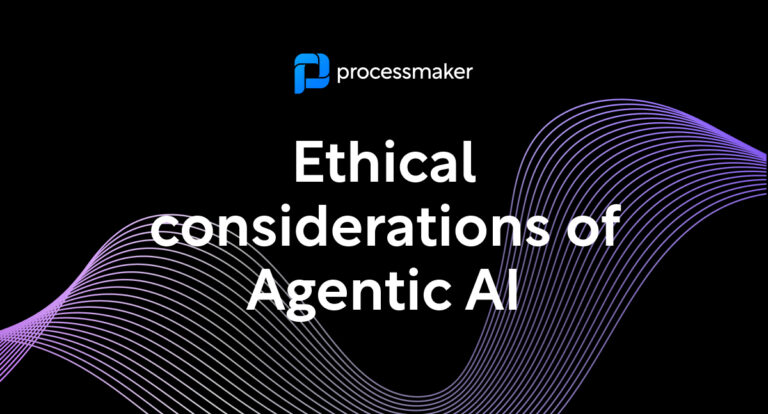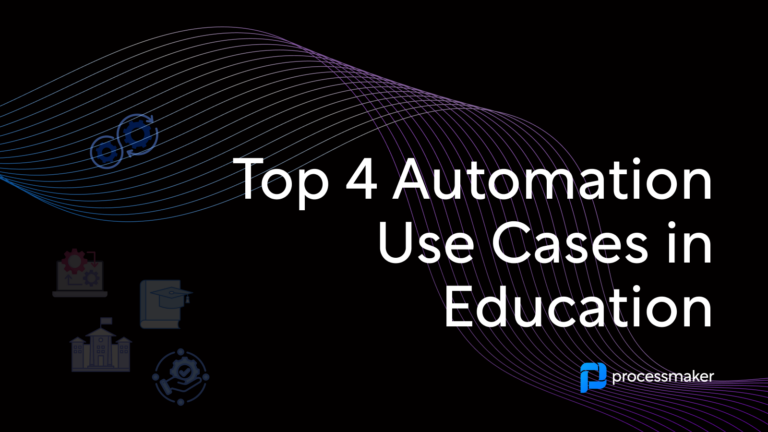The days of Artificial Intelligence (AI) as science fiction are over. Today, AI has moved in and made itself at home, thanks to Alexa and Google Home. But in businesses, AI has a much more comprehensive range of usefulness. AI has infiltrated virtually every business process in every industry out there.
In 2016 the global Artificial Intelligence market was around $1.4 billion. By the year 2025, AI is expected to be approximately $60 billion. AI can increase business productivity by at least 40%. In today’s world, it has become imperative for companies that want to maintain a competitive edge to adapt AI into their daily business processes.
- Improve Customer Experience
Businesses are using AI to improve marketing, sales, customer relationships, and communications. AI is also used to acquire customer insights and information that gives businesses a competitive edge. AI capabilities are being built into the software that companies can use to create customer-centered improvements. Chatbots are the perfect example. Improved chatbot automation produces smart insights on how your business can efficiently assist your customers. By 2020, 85% of customers’ relationships with business enterprises will be managed without human involvement.
Companies such as Microsoft, Google, and Salesforce have already integrated AI-powered tools for small and medium-sized businesses. These companies promise a cost-effective way for businesses to get in on the AI revolution. The AI-powered tools are entirely customizable to the needs of the business without sophisticated programming knowledge.
- Improve Business Processes and Efficiencies
AI has already begun to impact the back-end business processes, financial management, and communications for businesses. AI can also streamline human resources and recruiting with customized questions for interviewers, find broader sources of candidates, gather interview data and analysis, as well as tracking and expedited learning and improvements.
The future of AI will see it growing in influence as it evolves along with other components of the future generation of technological advances, including 5G, IoT, the cloud, mobile-connected devices, robotics, and autonomous driving.
- Cybersecurity
AI has already embedded itself in the cybersecurity industry, but it’s advancing by leaps and bounds every year. AI helps to detect cyber vulnerabilities effectively in applications such as Enterprise Resource Planning (ERP) and financial systems. Companies such as Google have added AI to their cybersecurity systems to protect their cloud computing data centers.
Security software tools are already being equipped with Machine Learning algorithms and AI capabilities that deliver prescriptive and predictive analytics. The future of Deep Learning will see suspicious activity caught before any damage occurs, making cyberspace a safer place for our data. With 89% accuracy, Google’s Deep Learning program is 15% more effective than pathologists.
- E-Commerce
Consumers are increasingly relying on online shopping. By the year 2040, it’s estimated that 95% of purchases will be made online. Most of today’s E-Commerce businesses have implemented some form of AI to their systems that help their customers successfully find their desired products with a click of a button. AI allows companies to understand their customer’s needs better. It also helps to generate new leads, create a more productive sales process, as well as personalization across multiple platforms. All of this contributes to improved customer satisfaction.
AI personalization and lead generation helps customers find the products they want without having to search through millions of products. Instead, AI helps the customer by offering suggestions based on past purchases and searches, as well as show related products.
- Streamlined Manufacturing
By using AI and Machine Learning technology, businesses can now predict non-productive downtime and possible failures. It can then suggest and develop streamlined procedures across the production lines. AI can pull and analyze vast amounts of data in milliseconds to achieve actionable insights that will help companies become more competitive in the marketplace.
Businesses can gain real-time recommendations as to what materials need to be ordered and when. It can also predict potential downtime and schedule preventative maintenance, improve equipment management, and overall yield rates. With the use of AI in manufacturing, customer demands are being anticipated and met more efficiently.
Conclusion
With approximately 77% of the devices we currently use featuring some form of Artificial Intelligence, businesses and consumers alike will rely on AI more and more every day. The future of AI will show us new startups, countless business applications, and diverse consumer uses. Right now, Artificial Intelligence is making what we once considered impossible, possible. Because of this, AI has the potential to transform the economy dramatically for businesses and consumers.
Written by Gil Artmoore





